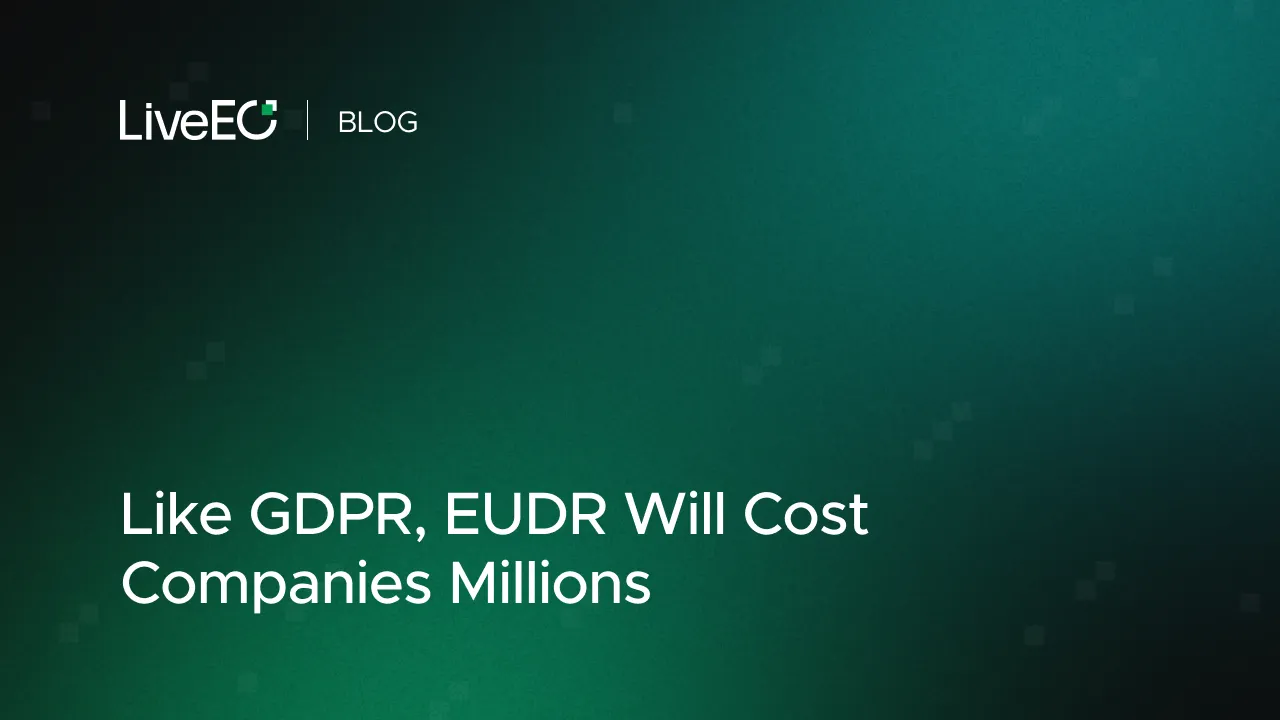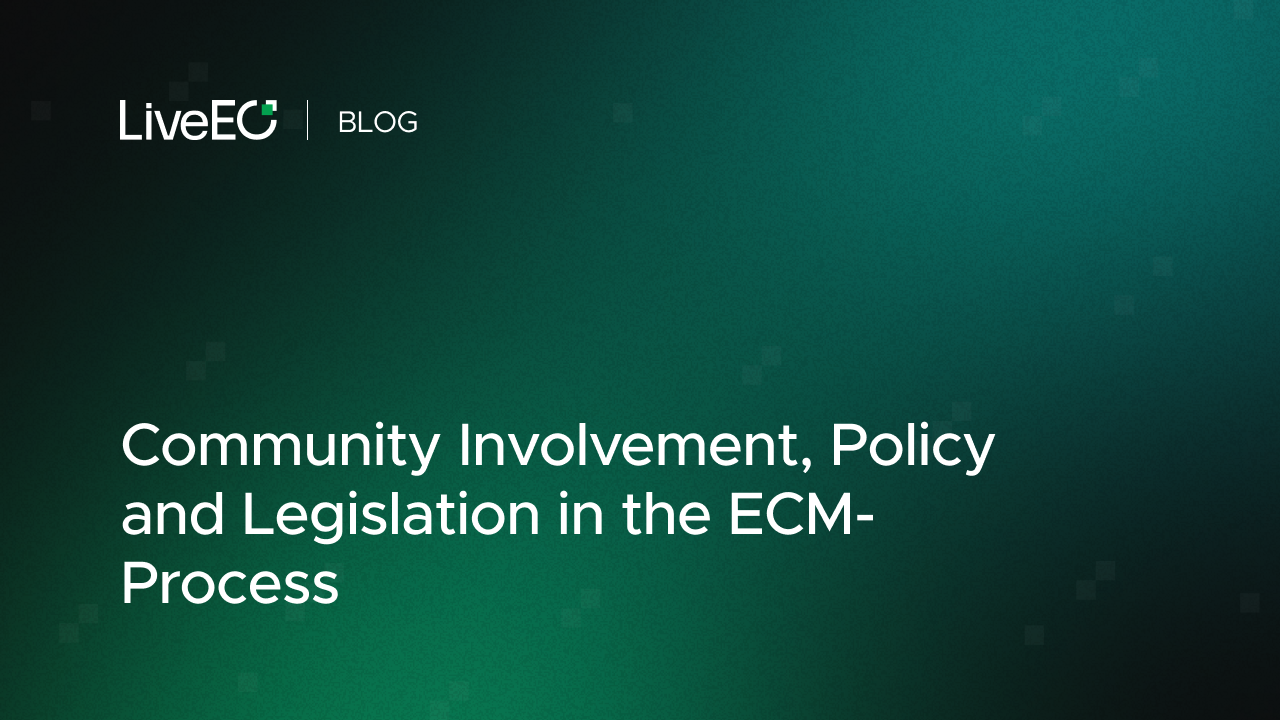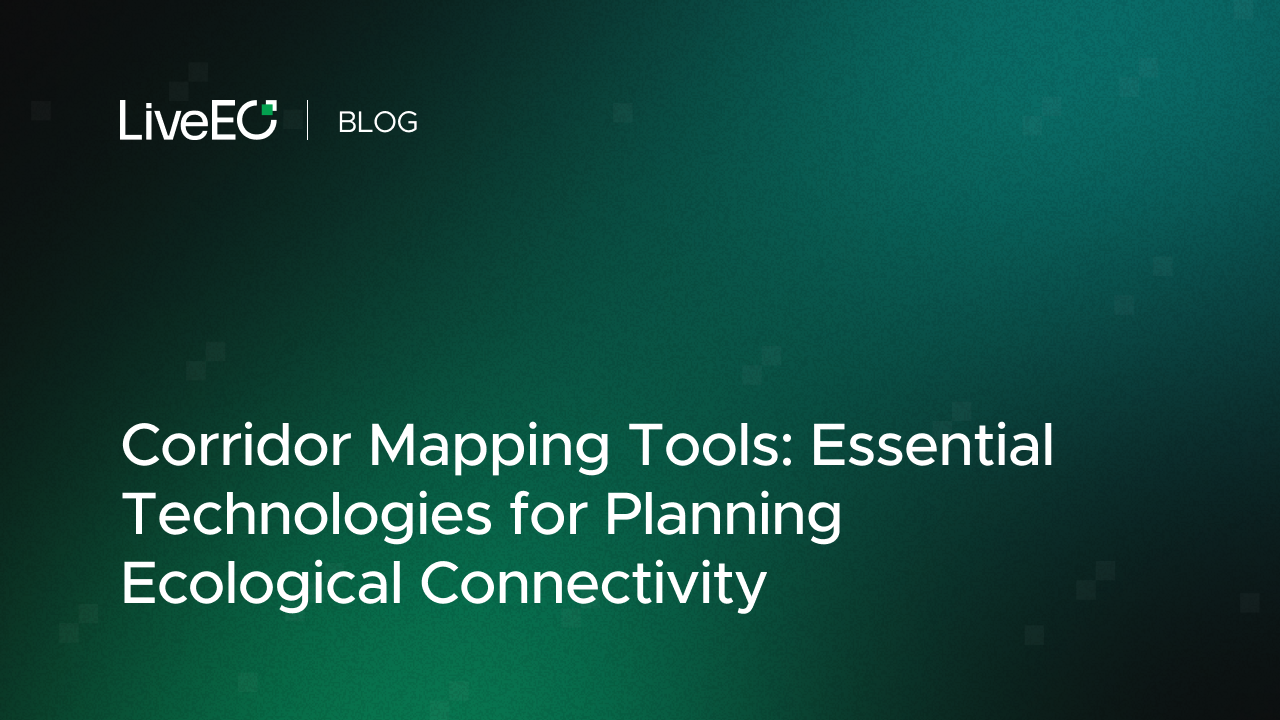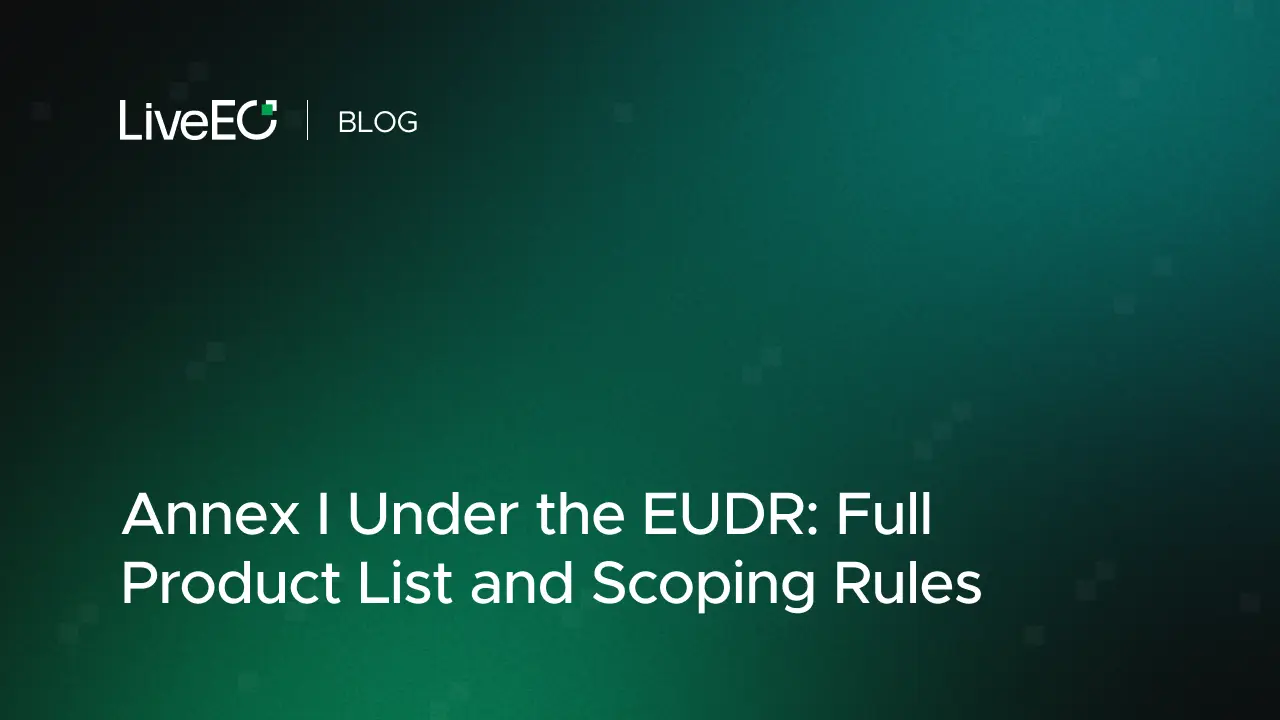In 2022, several major companies faced significant GDPR fines due to data privacy violations. Meta received fines totaling €687 million from the Irish Data Protection Commission for multiple breaches, including a significant violation of children's privacy on Instagram. Facial recognition firm Clearview AI was heavily penalized across Europe, with fines of over €50 million for unauthorized biometric data processing. European supermarket chain Rewe was fined €8 million for violations linked to its customer loyalty program, while Google was fined €10 million by Spain for unlawfully sharing personal data.
Successful as they were, these companies did not adequately plan ahead for the legislation. The new EU Deforestation Regulation, which requires companies to ensure their products are not linked to deforestation when imported to Europe, is set to take advantage of the same lack of preparation. Though they pertain to a different law, the cases above underscore the gravity of adhering to EU rules and the potentially severe financial penalties for non-compliance. Needless to say, companies do not want to be caught up in a similar situation once the EUDR comes into effect.
Different, yet equally important
The GDPR and the EUDR are two sides of the same coin. Both share key similarities in their structure and enforcement, and are EU-wide regulations with global applicability, emphasizing the principle of accountability and requiring due diligence. They include enforcement mechanisms with penalties for non-compliance, promote transparency, and have the potential to drive substantial change in their respective domains. Despite covering different areas (data protection and environmental conservation), they both showcase the EU's commitment to setting high standards on a global scale.
In summary, both bills require substantial changes in operations and could lead to hefty fines for non-compliance. The new changes will severely impact firms that lack the right preparation.
Understandably, companies aim to avoid regulatory complications once new laws are enforced. Being well-prepared is critical; understanding required standards and identifying necessary solutions is of utmost importance.
The EUDR will apply to key commodities that have been identified as major drivers of deforestation due to agricultural expansion, such as palm oil, cattle, soy, coffee, cocoa,timber, and rubber, as well as their derivative products. Companies placing these products on the EU market or exporting them will need to conduct thorough due diligence, demonstrating that their products are deforestation-free from December 31st, 2020, and compliant with all relevant laws in the production country. They will also be required to provide precise geographical information about the farmland where their sourced commodities were grown. Penalties will be enforced for non-compliance, and a benchmarking system will assess countries based on their deforestation risk levels.
Read more information on the EUDR in our whitepaper.
{{inline}}
LiveEO’s satellite-based approach to compliance
LiveEO provides geolocated insights, derived from high-frequency satellite data. By enabling regular, accurate, and geographically precise information about their assets, companies can respond promptly to any potential liabilities regarding EUDR compliance. Our solution streamlines the process, making it as simple as inviting suppliers to join, marking the parcel (their crop area) on a map, and getting insights from satellite analytics about whether or not deforestation occurred over that specific area within the observed time period. This process is made possible by access to archival data, which allows LiveEO to look back in time, ensuring parcels are compliant from the December 2020 cutoff date.
By utilizing AI-enabled satellite intelligence, LiveEO can precisely track the origins of sourced commodities, verifying the deforestation status of each supplier. The process is fully automated and accessible through a user-friendly platform.
Suppliers can register their farmlands through the upload of GIS data or by using the LiveEO mobile app to pinpoint geolocations. Customers receive automated reports, either through the Web App or directly integrated into their existing systems via an API. These reports provide ready-to-use results and automatic updates on the deforestation status of suppliers at parcel level. This information is conveniently accessible on the customer's dashboard, enabling quick and informed decisions to ensure regulatory compliance. LiveEO's solution not only bolsters transparency in supply chains but also aids in the global fight against deforestation.
Don’t wait until it’s too late. Act now.
Request a demo here. Or ask away if you’d simply like to learn more.







